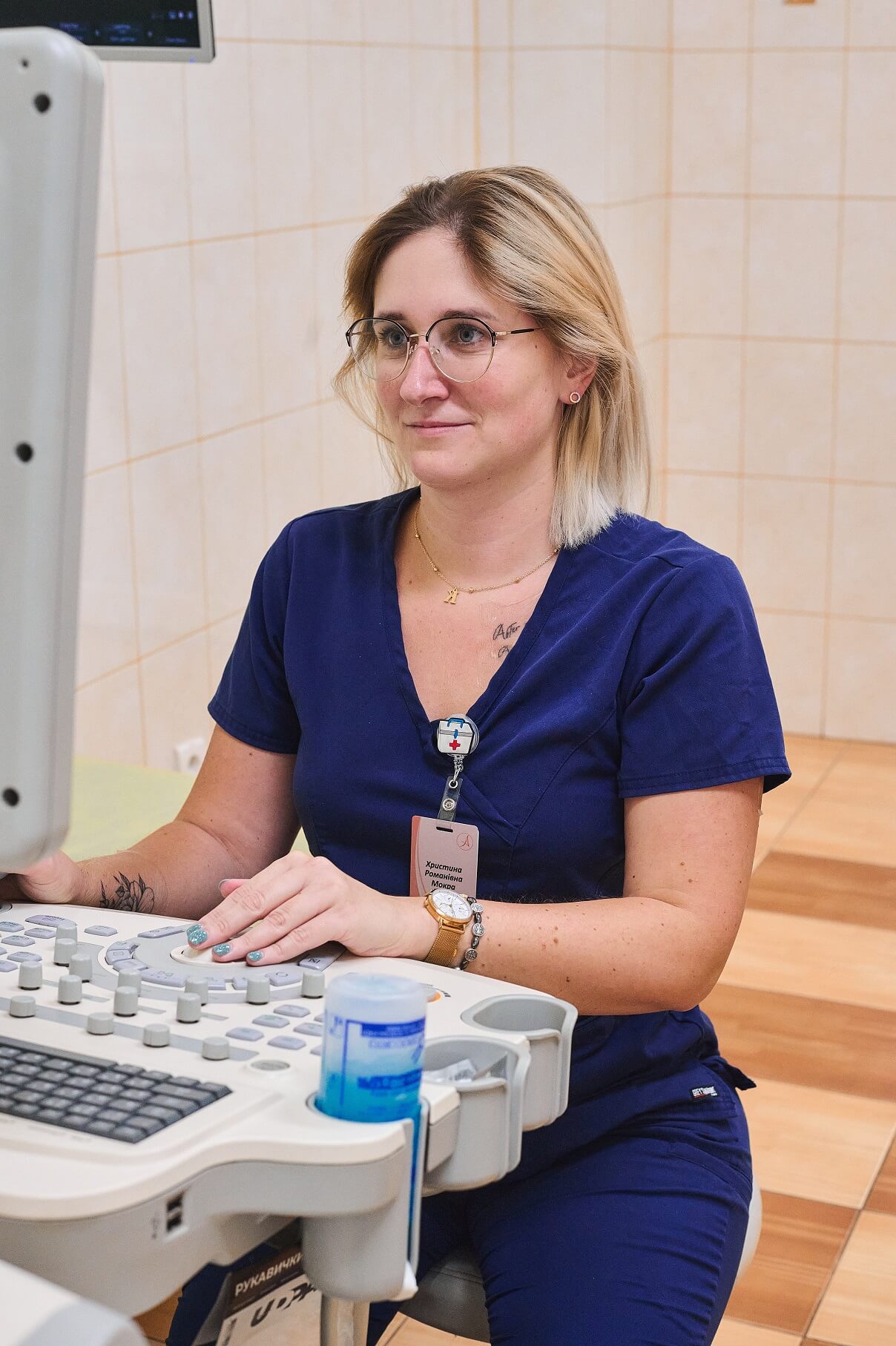In vitro fertilization (IVF) is one of the leading methods of infertility treatment for people who want to experience the joy of parenthood. It is primarily designed for those who have problems with the reproductive system or a history of hereditary diseases. The decision to participate in an IVF program can be difficult without special knowledge, so it is important to start with a consultation with a gynecologist and reproductive specialist.
First IVF Consultation
At Ovumia Alternatyva Group, you can schedule a consultation at any convenient time, either in person at the clinic or remotely. To book an appointment, simply send an email or call the clinic. Our coordinators will gladly answer all your questions and inform you about the earliest available consultation time.
We will support you at every stage of the program, making this complex process clear and enjoyable because this is how the “miracle” of new life begins. After the initial consultation, the reproductive specialist will determine whether to start the IVF program and, if necessary, prescribe further examinations and a stimulation plan.
Ovarian stimulation procedure
At this stage, the growth of follicles is stimulated with the help of medications. The procedure takes place under the close supervision of blood tests and ultrasound. The stimulation regimen is selected individually and regulated by a daily dose of medications depending on the size of the follicles and hormone levels. Once the follicles reach the required size, a medication is administered to ensure the final maturation of the eggs. The next stage follows 34–36 hours later.
Egg collection procedure
This procedure is performed in our clinic using a thin needle under ultrasound control with the use of sedation. It lasts only 10-20 minutes. The resulting follicular fluid is transferred to the laboratory, where embryologists isolate high-quality eggs under a microscope.
Fertilization procedure
This stage does not require your participation. The fertilized egg is cultured for 3-6 days, and during this time we prepare for the next stage.
By the way, if the father or mother has a history of certain genetic diseases, it is recommended to undergo preimplantation genetic diagnostics before transferring the embryos to the mother’s body. Such a diagnosis virtually eliminates the possibility of a child being born with an altered number of chromosomes or gene mutations.
The procedure of embryo transfer (transfer)
The transfer procedure is usually performed without anesthesia. The embryos are inserted through the cervix directly into the uterine cavity under ultrasound guidance.
Observing the results
The simplest and at the same time the most difficult stage comes – waiting. Two weeks after the transfer, an hCG test is performed to confirm pregnancy. Then, if the result is positive, an ultrasound is performed two weeks later to confirm implantation. This completes the IVF program.

